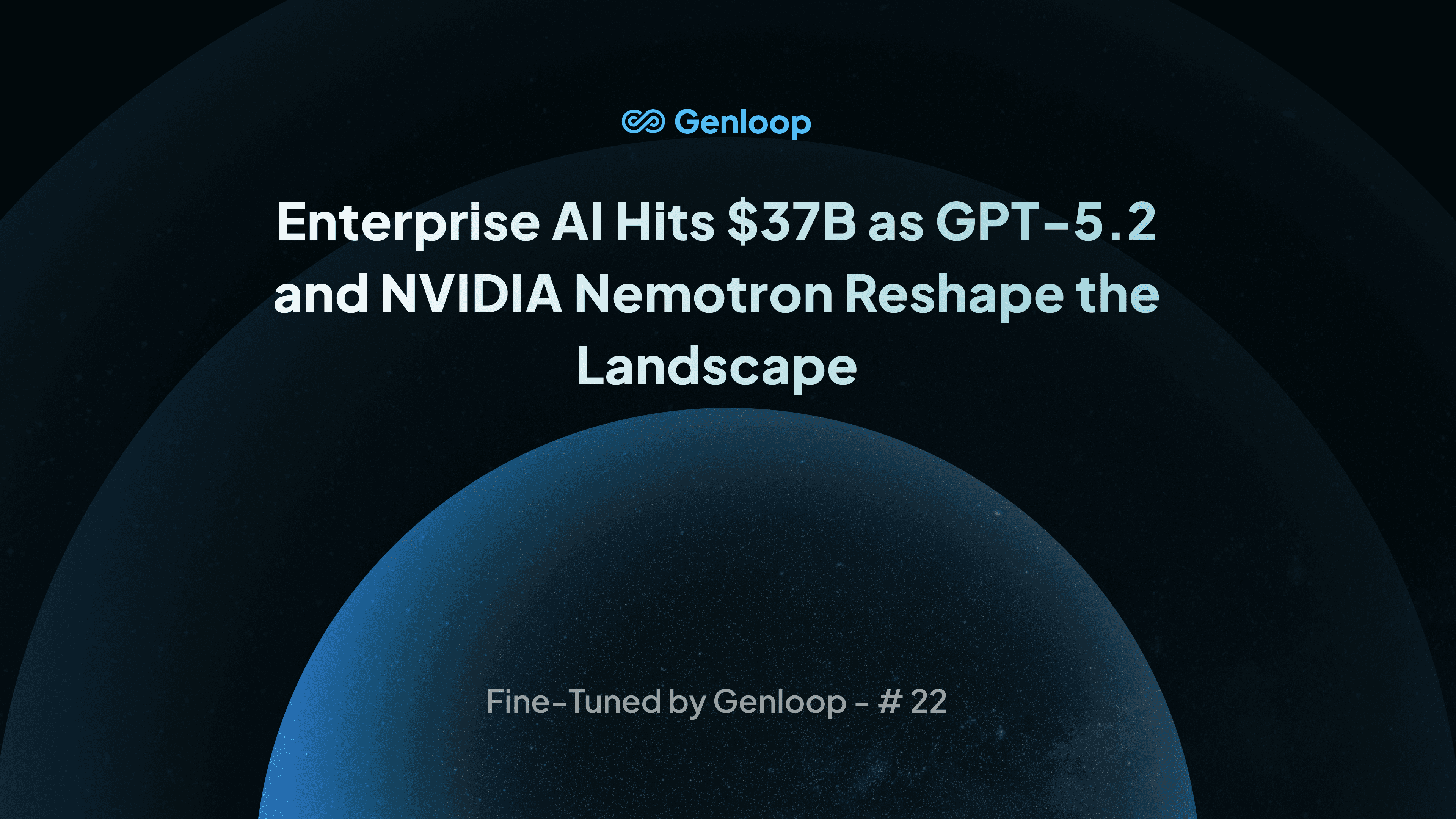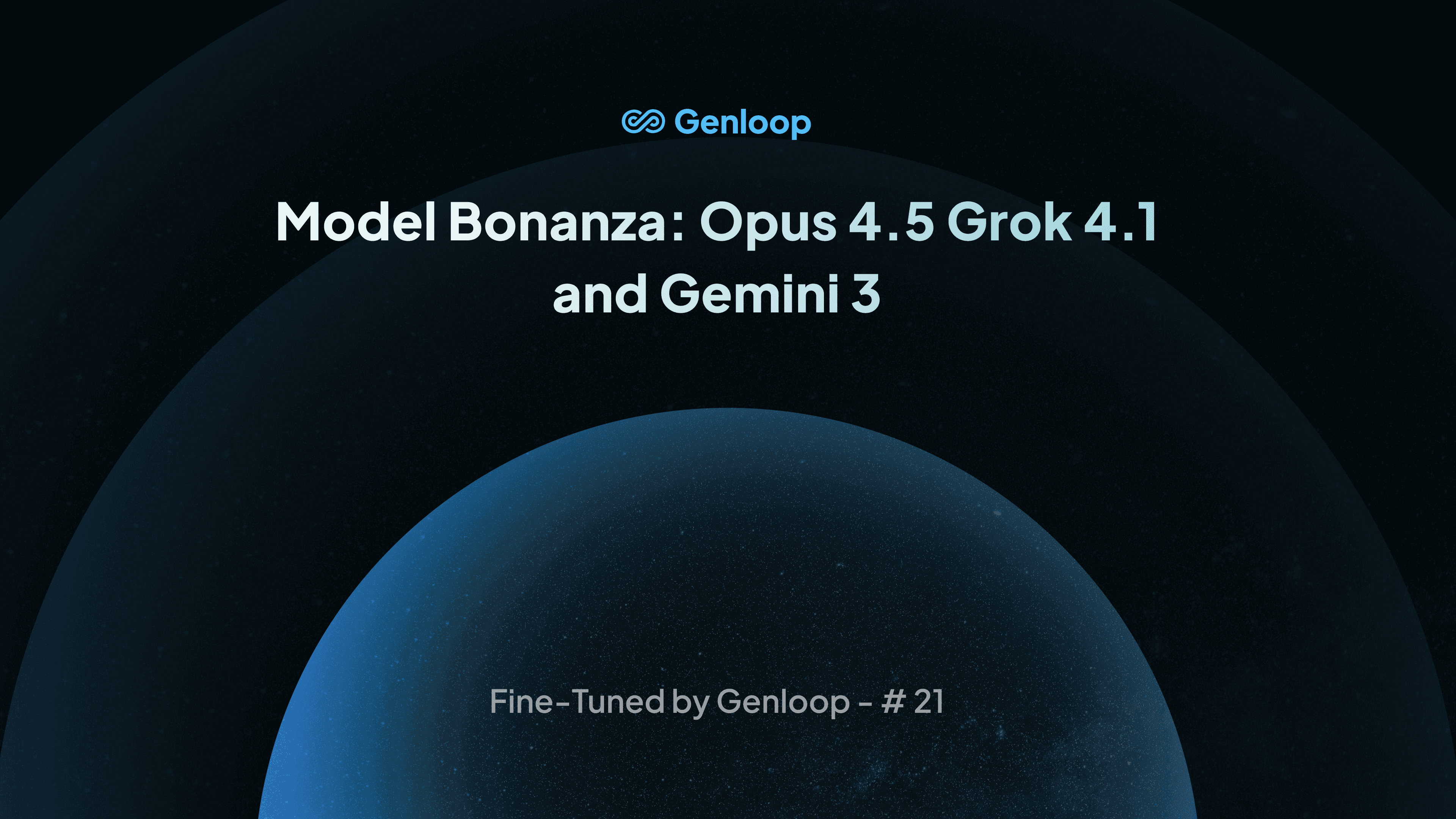Sep 24, 2025
On September 23, Snowflake announced the Open Semantic Interchange (OSI) initiative with a group of industry leaders including ThoughtSpot, Salesforce, dbt Labs, RelationalAI, Omni, and others. The goal: to create an open, vendor-neutral standard for sharing semantics across analytics and AI.
For years, enterprises have struggled with fragmented definitions and inconsistent business logic scattered across BI tools, SQL queries, and AI models. OSI promises a breakthrough: a universal way for semantics to travel across platforms, giving enterprise customers greater freedom and flexibility.
What exactly is OSI and why does it matter?
The Open Semantic Interchange (OSI) is a framework for defining and sharing semantic models consistently across tools. Instead of every BI or AI system interpreting business definitions differently, OSI provides a common language.
This matters because enterprises depend on accurate, trusted insights. Without a standard, teams waste time reconciling definitions especially when porting to other analytics tools, integrations become brittle, and AI agents risk producing answers that don’t align with dashboards or reports. OSI fixes that.
How is OSI different from existing semantic layers?
Traditional BI platforms like PowerBI, Tableau, or Looker rely on proprietary semantic layers. These layers work—but they are locked inside a single tool. Moving from one platform to another means weeks (or months) of manual migration.
By contrast, OSI is open and portable. It’s designed so semantics can flow across ecosystems—from SQL to BI dashboards to LLM-powered AI agents—without vendor lock-in.
What are the core principles behind OSI?
The OSI charter is built on five principles:

Standardization – Create a uniform structure for semantic definitions.
Interoperability – Seamlessly exchange semantics across BI, AI, and analytics tools.
Extensibility – Allow organizations to adapt models as business needs evolve.
Open Source – Encourage community collaboration to keep the standard relevant.
Domain Models – Simplify combining data from different sources through shared semantics.
How does OSI enable AI and analytics to work better together?
With OSI, AI and analytics speak the same semantic language.
Business definitions become a single source of truth, so whether an insight comes from a dashboard or an AI agent, it carries the same meaning.
AI agents can standardize context retrieval, helping them gain deeper and more accurate understanding of data. This transforms them from probabilistic guessers into trusted copilots.
Enterprises gain flexibility, no longer locked into a single toolset, but free to pick the best solution for each use case.
How can I use OSI with Genloop?
At Genloop, we’ve been proponents of sharable semantics since day one. On our platform, semantics are portable—you can already download and reuse them independently.
But we’ve also seen the pain: enterprises spending weeks migrating definitions from legacy BI platforms into Genloop. With OSI, we can make this process frictionless.
Genloop supports OSI and commits to adopting it fully. For our users, that means ultimate flexibility—your semantic models move with you, across systems, without rework.
How will OSI strengthen AI-based analytics for enterprises?
OSI creates more consistent semantic structures. This allows AI agents to be better trained to locate the right information, eliminating the current probabilistic uncertainty where finding relevant information is also challenging. The result is more reliable and trustworthy insights because the semantics feeding our models remain consistent across both BI and SQL layers.
For enterprises, that translates to:

Faster adoption of conversational analytics.
Reduced burden on data teams (no more redefining metrics).
Confidence that AI answers match the same logic used in dashboards and reports.
FAQ: Open Semantic Interchange and Genloop
What is OSI in AI and analytics?
An open standard to share semantic definitions across platforms, ensuring consistency between BI tools, SQL, and AI models.
How does OSI differ from the OSI networking model?
The networking OSI model is about data communication layers. The new OSI (Open Semantic Interchange) is about business semantics in analytics and AI.
Why is OSI important for enterprises using BI tools?
It prevents vendor lock-in and ensures metrics like “revenue” or “customer churn” are interpreted consistently across platforms.
What companies are supporting OSI today?
Snowflake, ThoughtSpot, Salesforce, dbt Labs, Genloop, RelationalAI, Omni are few companies supporting OSI.
How will OSI benefit conversational analytics and GenAI?
With Genloop, OSI means your semantics flow consistently into our LLMs. The result: conversational answers that are consistent with BI dashboards and trusted across your enterprise.
Can I adopt OSI if I already use PowerBI, Tableau, or ThoughtSpot?
As vendors adopt OSI, your semantics will become portable. Genloop already supports portability, and OSI will accelerate this trend.
Does OSI require open source contributions from my team?
No. OSI is designed for adoption. Contributions are optional but welcome.
What’s the timeline for OSI adoption in the enterprise ecosystem?
The initiative was launched in September 2025. Early adoption is underway. Over the next 12–24 months, expect most modern platforms to integrate OSI.
In short: OSI is about openness, trust, and portability. At Genloop, we’re excited to support this movement, because we believe the future of analytics is conversational, deterministic, and interoperable.





